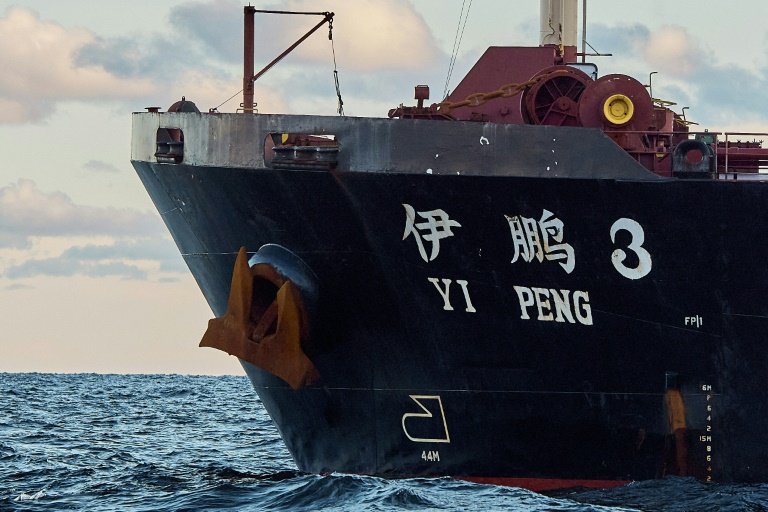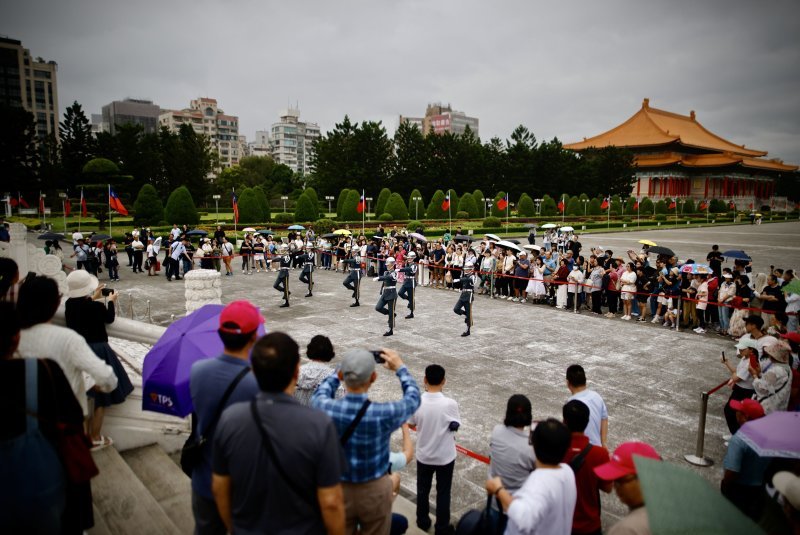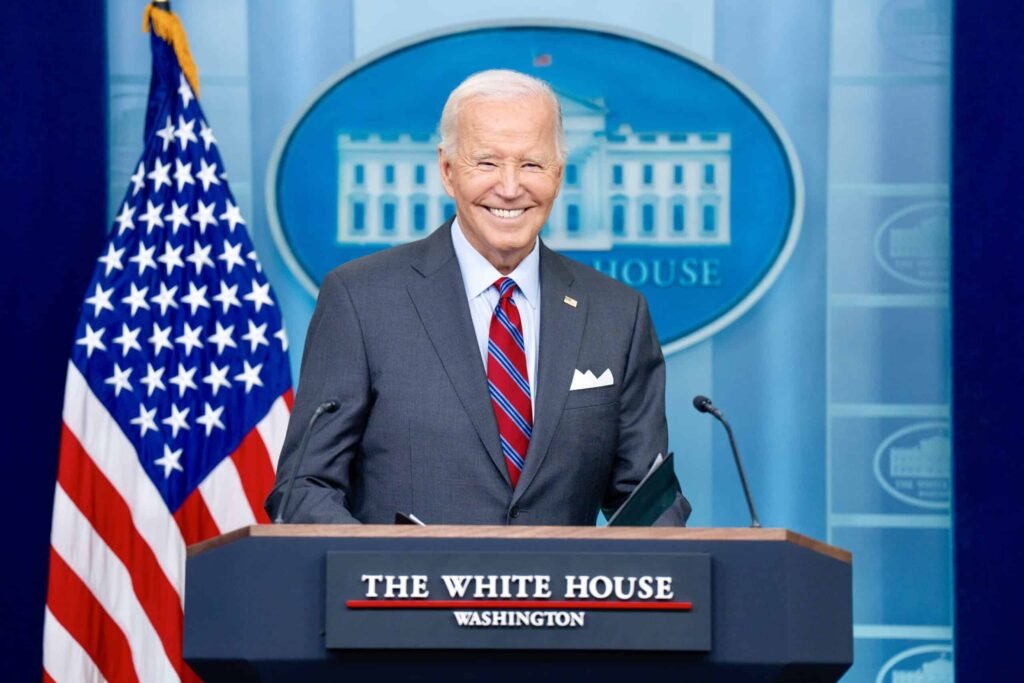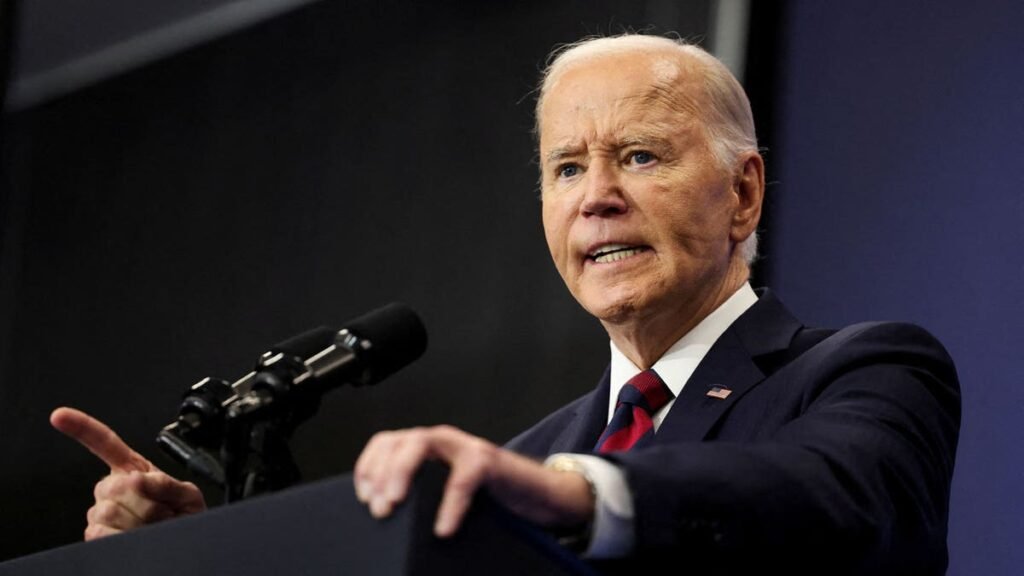What’s New
The Chinese Defense Ministry hit back at the United States over the Pentagon‘s report on China‘s nuclear weapons, claiming its nukes development is not to threaten other nations.
Newsweek has reached out to the U.S. Defense Department for comment via email.
Why It Matters
The U.S. military, which regarded China as its top pacing challenge, released its report on Chinese military power last week, saying the country has more than 600 nuclear warheads to target more cities, military facilities, and leadership sites in the U.S. than ever before.
The Pentagon has already warned that for the first time in America’s history, “two strategic competitors that are nuclear states with large and growing nuclear arsenals,” referring to China and Russia, which it described the former’s nuclear modernization as breathtaking.
What To Know

A Chinese man looks at an atomic bomb model at the Beijing Exhibition Center on September 23, 2009, in Beijing, China. The United States Defense Department said China has more than 600 nuclear warheads.
Feng Li/Getty Images
On Saturday, Zhang Xiaogang, spokesperson for the Chinese Defense Ministry, responded to the Pentagon’s report, saying it misinterpreted the country’s defense policies, speculated about Chinese military capacity development, and exaggerated Beijing’s military threat.
China’s nuclear policy is the “most stable, continuous, and predictable” among all nuclear-armed states, the spokesperson claimed. “We develop nuclear weapons not to threaten other countries, but for defense and self-defense to maintain national strategic security.”
Zhang reiterated that China has adopted a self-defense nuclear strategy and has declared that it will never employ nuclear weapons first. China has been calling for other nations armed with nuclear weapons to make the same commitment to no-first-use of nukes.
Regarding the increased number of Chinese nuclear warheads, the spokesperson said this was in accordance with the “minimum level” required for national security. The Pentagon assessed that China would possess more than 1,000 nuclear warheads in operation by 2030.
The Chinese spokesperson also criticized the U.S. for “stubbornly” insisting on the policy of first use of nukes and investing heavily to upgrade its nuclear forces. The Pentagon has said nuclear modernization was a top priority for countering its two strategic competitors.
The U.S. should reduce the role of nuclear weapons in its national and collective security policies, Zhang urged. Washington provided extended deterrence, or a “nuclear umbrella,” to its allies around the world, including NATO, Japan, South Korea, and Australia.
What People Are Saying
Zhang Xiaogang said on Saturday: “We adhere to the nuclear strategy of self-defense and the nuclear policy of not using nuclear weapons first, and always maintain our nuclear forces at the minimum level required for national security.”
Lin Jian, spokesperson for the Chinese Foreign Ministry, said on Thursday: “This report, like the ones we’ve seen before, lays little emphasis on truth. It is filled with bias and designed to amplify the ‘China threat’ narrative only to justify the U.S.’s desire to maintain military supremacy.”
A senior U.S. defense official said during a briefing on December 16: “So the PRC [People’s Republic of China] has reiterated on a number of occasions that their nuclear policy hasn’t changed, but we certainly see them developing a force that gives them a much broader range of capabilities for different types of scenarios.”
What Happens Next
China is likely to proceed with its nuclear development as the U.S. modernizes its nuclear forces. It remains to be seen whether they will return to the table to discuss nuclear arms control in the future, as Beijing stopped negotiations with Washington in the summer.







